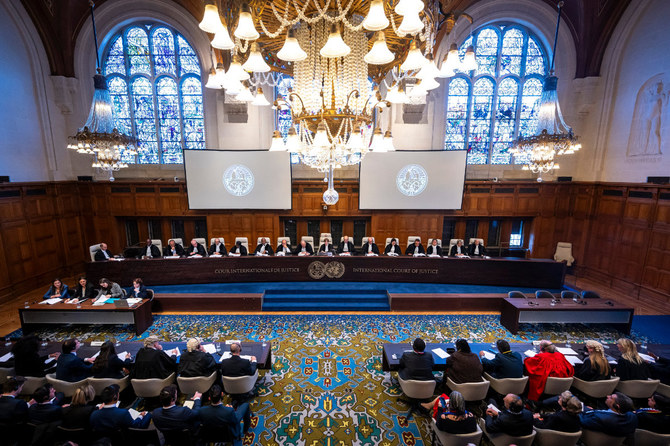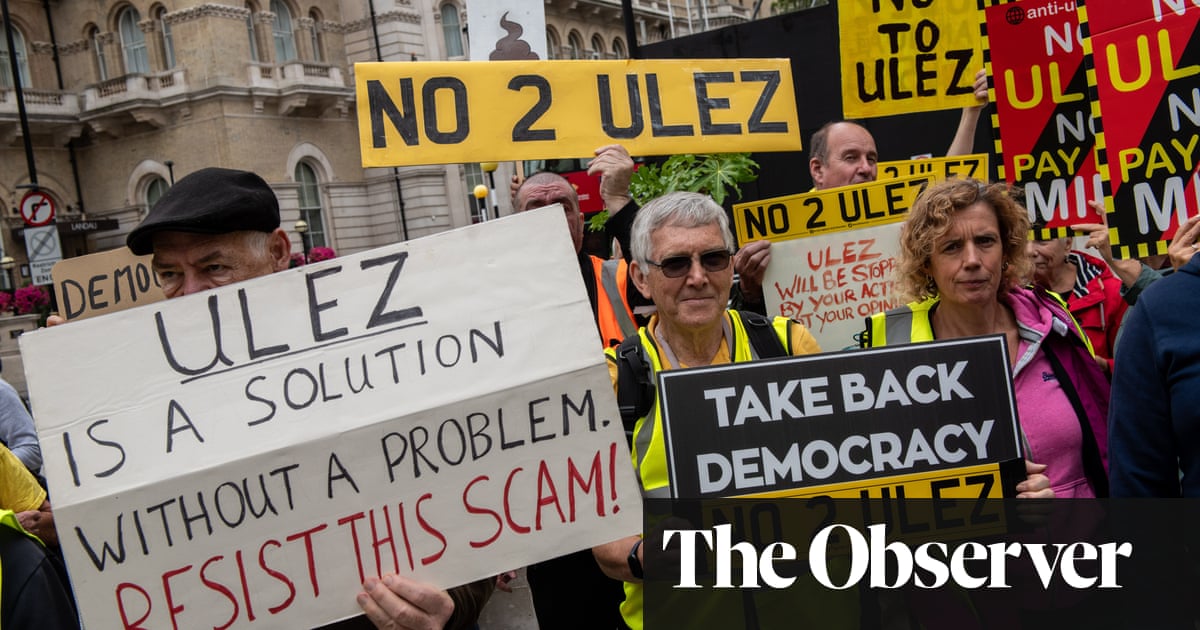
After the International Court of Justice’s interim ruling last month that Israel has a case to answer on the accusation of genocide of the Palestinian people, the pressing question is: what happens next? Beyond the Palestinian-Israeli conflict and the Israel-Hamas war, the next few weeks are monumentally significant for the international rules-based order.
The court’s efficacy has long been contested. As the sole international court that can, theoretically, keep states in check for their actions, the consensual nature of its decisions leaves it effectively toothless. In fact, as a component of international law, the court was always intended as a compliance-based entity, not for enforcement.
The UN has not been able to bring about a settlement to the protracted Israeli-Palestinian conflict. And now that the international court has been called upon, and will probably also fail to bring about peace, the rules-based world order is in serious jeopardy, politically, diplomatically and now judicially.
The court has looked into 192 cases since its inception. Sixteen of the last 17 cases are still in progress, with the South Africa versus Israel case the only one that has been adjudicated on since 2018. In the context of this conflict, the international system’s judicial body was arguably the strongest bargaining chip; the hidden unused card, the last resort that has now been expended.
When the Arab world succumbs to the inevitable reality that the court does not have the ability to alter the grim situation in Gaza, states like Russia will be handed yet another card to further grow their appeal and influence in the Middle East.
For years, Moscow has pointed to the waning international world order, pegging the US as culpable. In several UN Security Council meetings over the past 10 years, especially those that focused on the “Question of Palestine,” Russian representatives made a habit of blaming Washington for any halts toward a political resolution to the conflict, effectively proclaiming the US-dominated world order a failing system.
Even though Russia itself has been far less likely to offer any substantiated political or humanitarian support to the Palestinians or to victims of other conflicts, compared with the US, it continues to gain traction and appeal globally, including among Arabs.
In fact, a survey last December suggested that a third of Jordanians would like their government to side with Russia if it were in conflict with the US, up from 11 percent when asked just four months earlier. On the other hand, 28 percent indicated they would like the government of Jordan to support the US, down from nearly 50 percent.
It has contributed to historic poverty reduction rates, given millions of minority groups access to equal rights and helped preserve thousands of heritage sites.
Mohammed Abu Dalhoum
Similarly, data from the Arab Barometer shows that 29 percent of Tunisians described the policies of US President Joe Biden toward the Middle East as good in the fall of 2023, before declining to just 6 percent by the end of the year. In comparison, those who described the policies of Russian President Vladimir Putin as good remained above 50 percent throughout the last four months of 2023.
There are similar trends elsewhere in the region and Russia is capitalizing on that. It is thus a matter of how and when Russia leverages that growing appeal toward challenging the international rules-based order.
The existing world order has its shortcomings and does require attention. A change is indeed necessary, but not all changes are the same. A 2018 article by Sergey Karaganov and Dmitry Suslov claims that the world order is in a period of collapse, which opens up possibilities for the creation of a new one — one they believe Russia should lead, not the US.
This was seconded by Kremlin spokesperson Dmitry Peskov last October, in response to a speech by Biden in which he said the US ought to unite the world in a new order to forge peace. While Biden’s version might denote changes, or amendments, Russia’s version, which starts with the Greater Eurasian Partnership, preludes a paradigm shift.
This shift toward a Russia-centric world order may not necessarily lead to peace and stability, as proclaimed. For instance, what happens when Ukraine, Taiwan, India, South Korea, Japan or others do not fit in with the partnership? Thus, this framework is essentially curating an existential “us versus them” conundrum, the ramifications of which are severe, especially considering the short timeframe afforded to states to determine their alliances.
It is also counterproductive to individual rights and freedoms, particularly for minority groups. The emphasis on having “leading powers” decide on the principles of their new world order is highly likely to place the lives of millions of people around the world at risk.
Despite its shortcomings, the current international rules-based system has had its successes. It has contributed to historic poverty reduction rates, given millions of minority groups access to equal rights and helped preserve thousands of heritage sites, among other notable achievements.
As for its shortcomings, they do not require risking the oblique and disastrous global ramifications that would accompany Russia’s proposed paradigm shift. Instead, what the current international rules-based system needs is to enact clear mechanisms that can safeguard and enforce international laws, achieving parity and ensuring that no one is above the law.
• Mohammed Abu Dalhoum is the president of MENAACTION and a senior research analyst at NAMA Strategic Intelligence Solutions.












